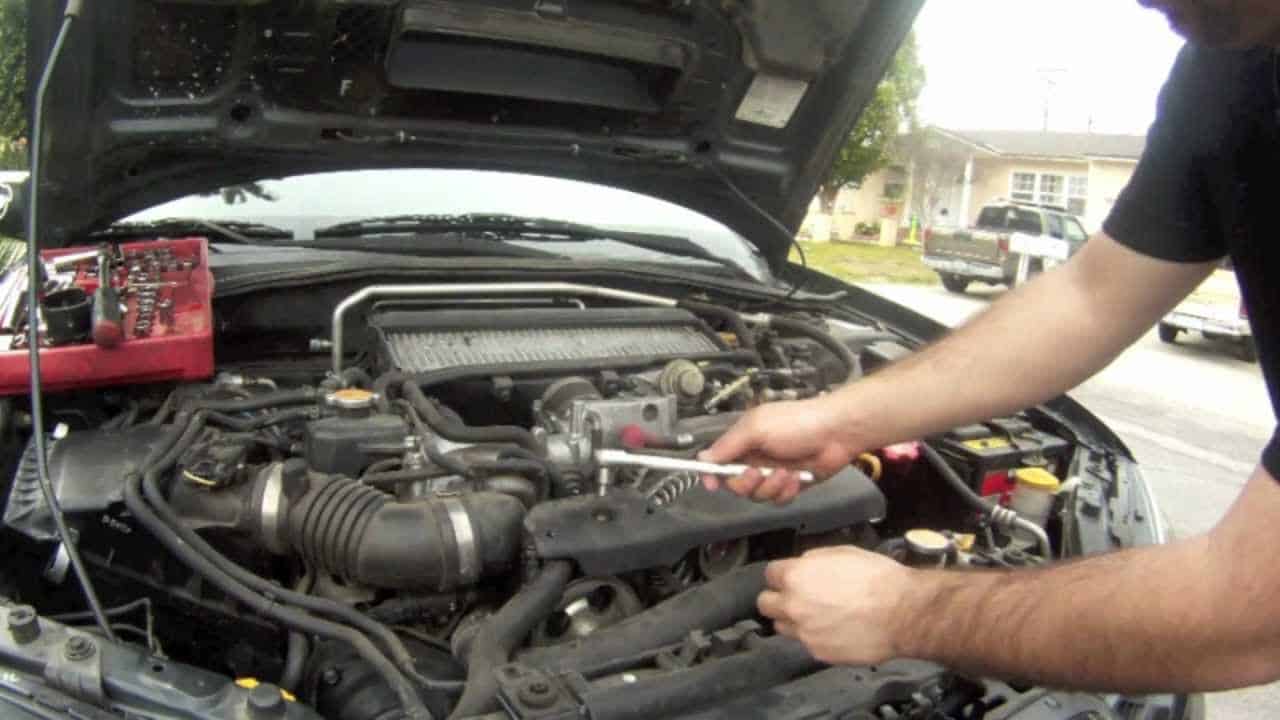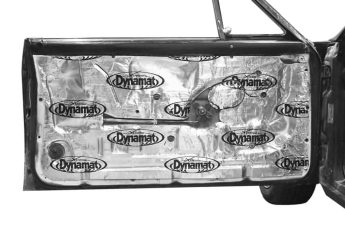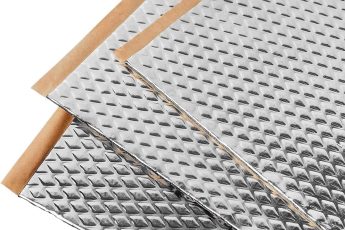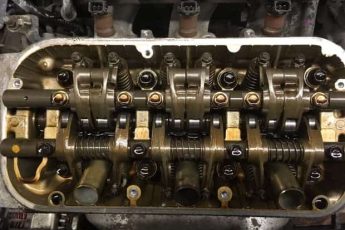If you’re driving along and you hear a whining noise from your car’s power steering, you may need to fix the noise. This type of noise is different from noises that are produced by other parts of your car, such as the fuel pump or the transmission. To determine which component is making the noise, try to keep the car at a rest.
Normal lubrication
If your power steering pump is making whining noises, it may be due to low fluid level. This noise usually happens when your car is at low speeds or when making turns. Increasing the level of fluid is one way to quiet the noise and prevent further damage to your car. While it may not solve the problem immediately, it will help prevent further damage to your car.
If the whining noise persists after lubrication, it might be a sign of a larger problem. The power steering pump uses special lubrication to prevent the steering wheel from moving with uneven force. A worn or corroded belt may also be to blame. Dry ball joints can also make a noise when the steering wheel moves.
While a noisy power steering pump may indicate a larger problem, it can also be caused by excessive air that is working its way out of the system. Check the power steering fluid reservoir, which is usually located at the top of the pump. Ensure the fluid level is filled to the indicator line. If there is not enough fluid in the reservoir, you may have a leak somewhere in the system.
Another symptom of a failing power steering pump is a clunking steering wheel. This can be a sign of a more serious issue, like a faulty steering rack. You can check for this problem with an in-depth guide. Another problem is a loose tie rod end. These connect the steering rack to the steering knuckles. They can become loose over time and can cause the steering wheel to shake while driving.
If the pump makes a whining noise, the fluid may not be completely lubricated. This can cause air to enter the system, causing the fluid to foam and making the pump whine. If this problem persists, you can try bleeding the system with a Devac vacuum tool. The tool works by inserting it into the reservoir fill neck. To apply 15 inches of vacuum, you must cycle the steering wheel a few times, maintaining the vacuum level throughout the process.
Another common cause of power steering pump noise is low power steering fluid. If you let the fluid run out, you can wear out the bearings of the power steering pump. If this continues, it may be due to a leak. If the problem persists, you should fix the leak or replace the fluid as soon as possible.

Checking power steering fluid level
A high-pitched whining noise in your power steering system may be a sign of a problem with your steering fluid or pump. If you notice this noise during a drive, you should top off the fluid and see if the noise goes away. If not, the problem could be related to a leak.
First, you should check the level of the power steering fluid. If the fluid level is too low, the problem may be a leak. The level should be above the indicator line. If the level is too low, you should replace the power steering fluid. Also, make sure to use only top-quality steering fluid to ensure the longevity of the system.
To fix the noise, make sure to fill up the power steering fluid reservoir to the Cold Full level. You can do this by consulting your owner’s manual. Before doing so, raise the front wheels of the vehicle using a floor jack. Secure it with jack stands and turn the steering wheel a few times left and right.
Low power steering fluid can lead to a wide range of issues. It can affect the steering and other important components. It’s best to have a certified mechanic check the fluid level on your car. If the fluid level is too low, the steering wheel may feel loose, or the power steering pump itself may become damaged.
A low-level power steering fluid can be caused by a leak. Check for leaks before taking any drastic action. If the leak is not easy to detect, you can check the level by using a dipstick. Alternatively, you can use a long pick to look inside the fluid reservoir. If the fluid level is too low, you should flush the system.
Checking power steering fluid level to fix power-steering pump noise: A low level of fluid can cause the power steering pump to whine while turning the wheel. Ensure that it’s topped off. Failure to do this can lead to expensive repairs.
Replacing the power steering pump
The power steering pump is a vital part of your car’s steering system, ensuring the proper circulation of fluid under pressure. However, if it’s not working properly, you may encounter an awful whining or groaning noise. Fortunately, there are several easy ways to fix the problem.
Firstly, check the fluid level. Low fluid levels are the most common cause of power steering pump noises. The reservoir for power steering fluid is small, so low levels could be the cause of the noise. Another possible cause is that air is getting into the system. This can cause the steering wheel to vibrate unexpectedly when you turn it.

Next, drain the power steering fluid from the reservoir. Rinse out the screen and the O-rings in the reservoir. Once the fluid level is low, install a new power steering pump assembly. The new power steering pump assembly will have new seals and O-rings.
In addition to the above mentioned symptoms, a faulty power steering pump may be the cause of a whining noise. If the pump has not been replaced, you should check the power steering control module for any trouble codes. It is very important to check the steering fluid level if you suspect a power steering pump problem.
If the power steering pump noise persists, replace the steering pump and fluid reservoir. It should be a translucent red color and slightly thick to touch. A black or brown color indicates a contaminated fluid. When the fluid is too viscous, it may not pump effectively, resulting in a whining noise or heavy steering. The contaminated fluid may also damage the oil seals, which may lead to leaking steering fluid.
Replacing the power steering pump to fix a power steering pump noise is not a cheap repair, but it is not an expensive one either. Parts and labor can cost you anywhere from $100 to $300. While it is a relatively simple repair, it is better to leave the task to a professional mechanic than try to diagnose and repair the problem yourself.
A common cause of a power steering pump noise is a leaky power steering fluid reservoir. The fluid is meant to stay in a tightly sealed system, but leaks can compromise the integrity of the system. Leaking power steering fluid may be the result of a cracked steering line, or a failed pump. Depending on the cause of the leak, this may lead to expensive damage.
Refraining from turning the steering wheel all the way against its stops
If you hear the whine from your power steering pump, you should first make sure that the fluid level in the reservoir isn’t low. Low fluid levels can cause the pump to draw air. To check the level, turn the steering wheel left and right.
It can be hard to turn the wheel against its stops when your car is stationary, but you should not keep doing it for a long time. This could strain the power steering pump and lines. If you can, turn the steering wheel back when you hit the stopper instead of holding it against the steering column. If the noise persists, talk to your mechanic about installing power steering leak stoppers. They’ll fix the problem temporarily and prevent any further damage to critical parts.
Another common cause of power steering pump noise is air bubbles. This can come from several sources, including a loose low-pressure hose, a loose connection, and loose power steering fluid. If the noise continues, the problem could be a power steering pump failure.

Other common symptoms of a failing power steering pump include a squealing or groaning sound coming from the steering wheel while steering. The sound can be loud or low-pitched and indicates that your power steering pump is failing.
One simple way to fix power steering pump noise is to check the fluid level in the steering box. Keeping the steering fluid at its correct level will keep your vehicle from making loud noises. Always use top-quality steering fluid to ensure that your power steering pump will continue to work properly.





